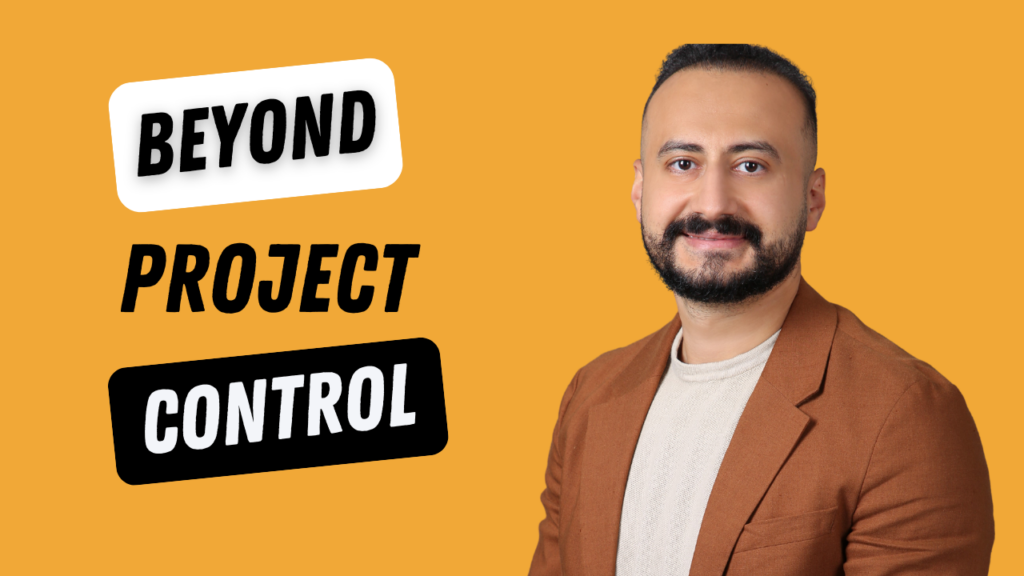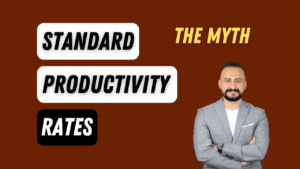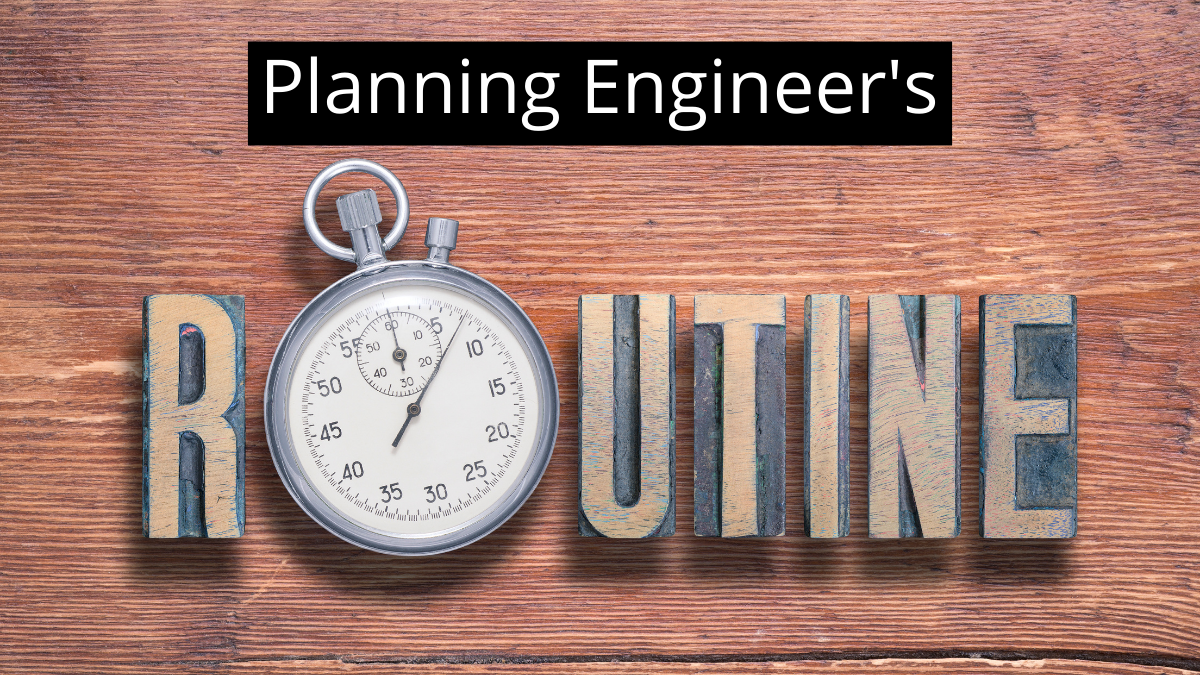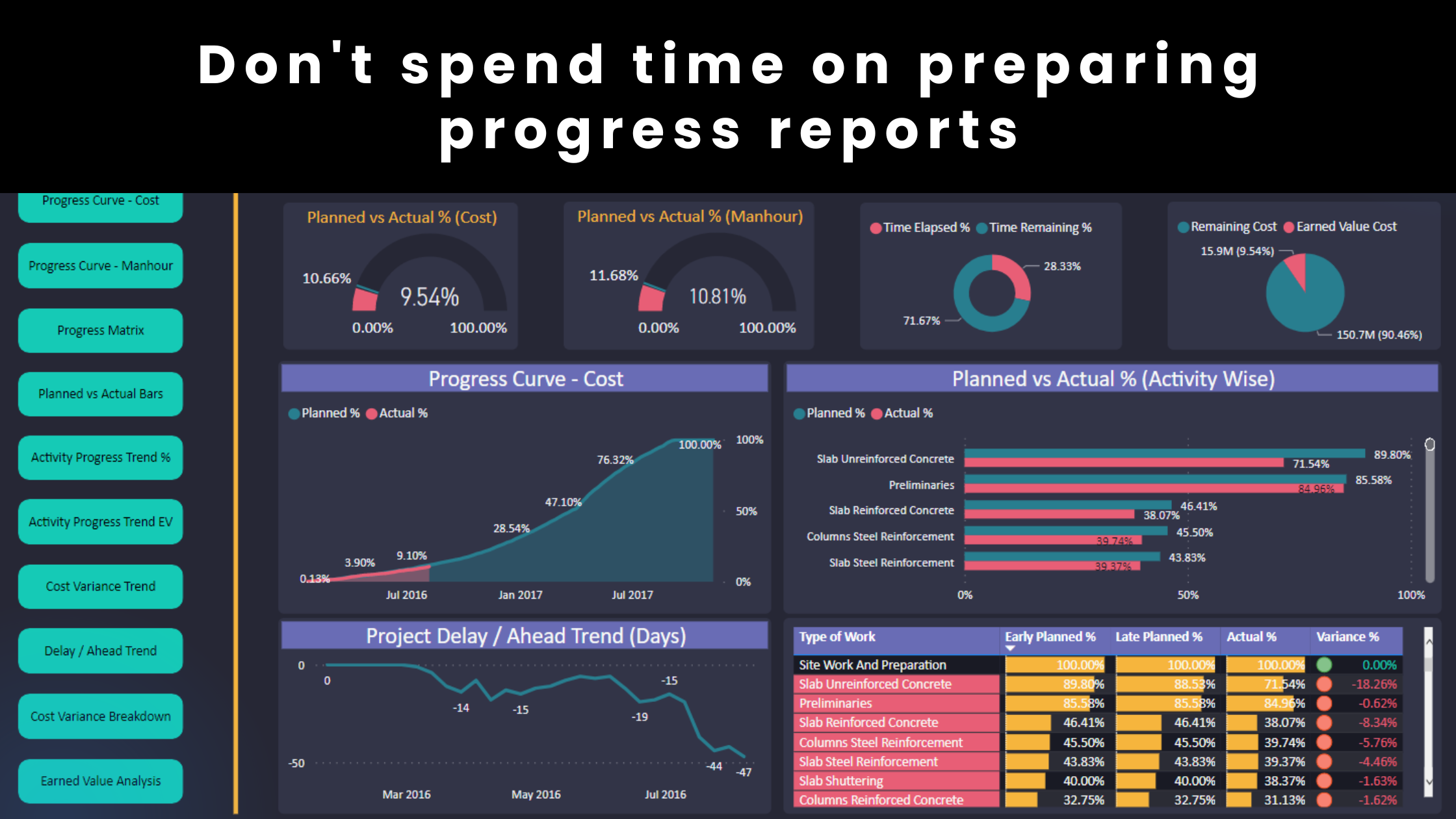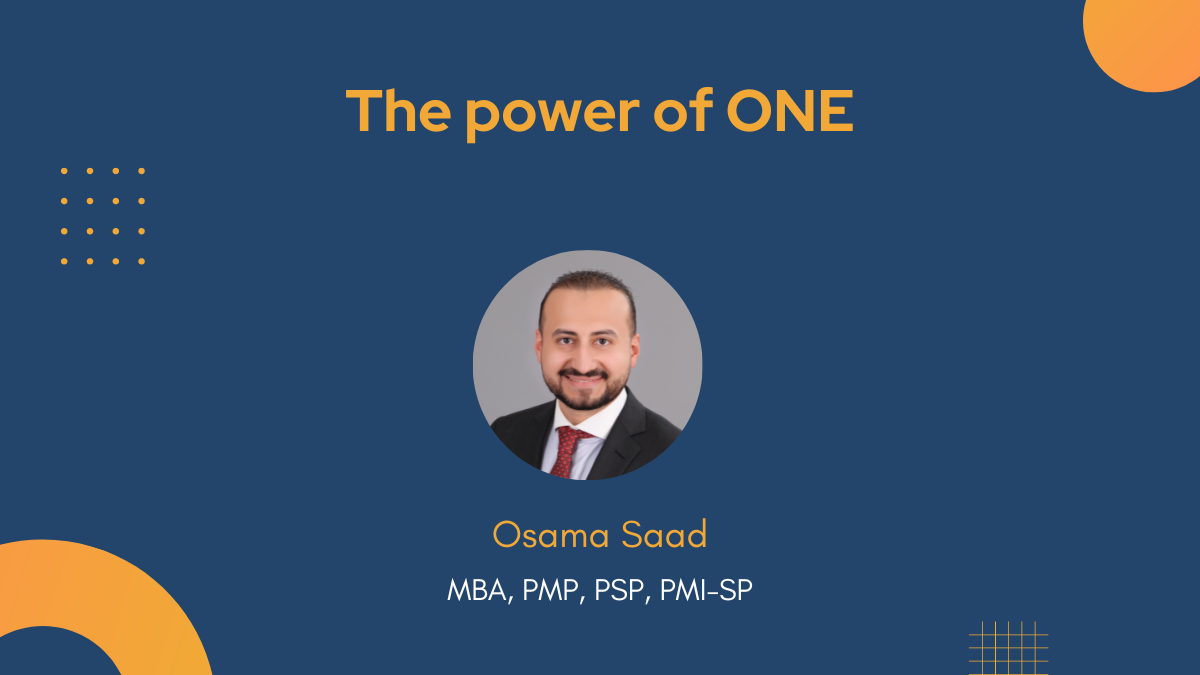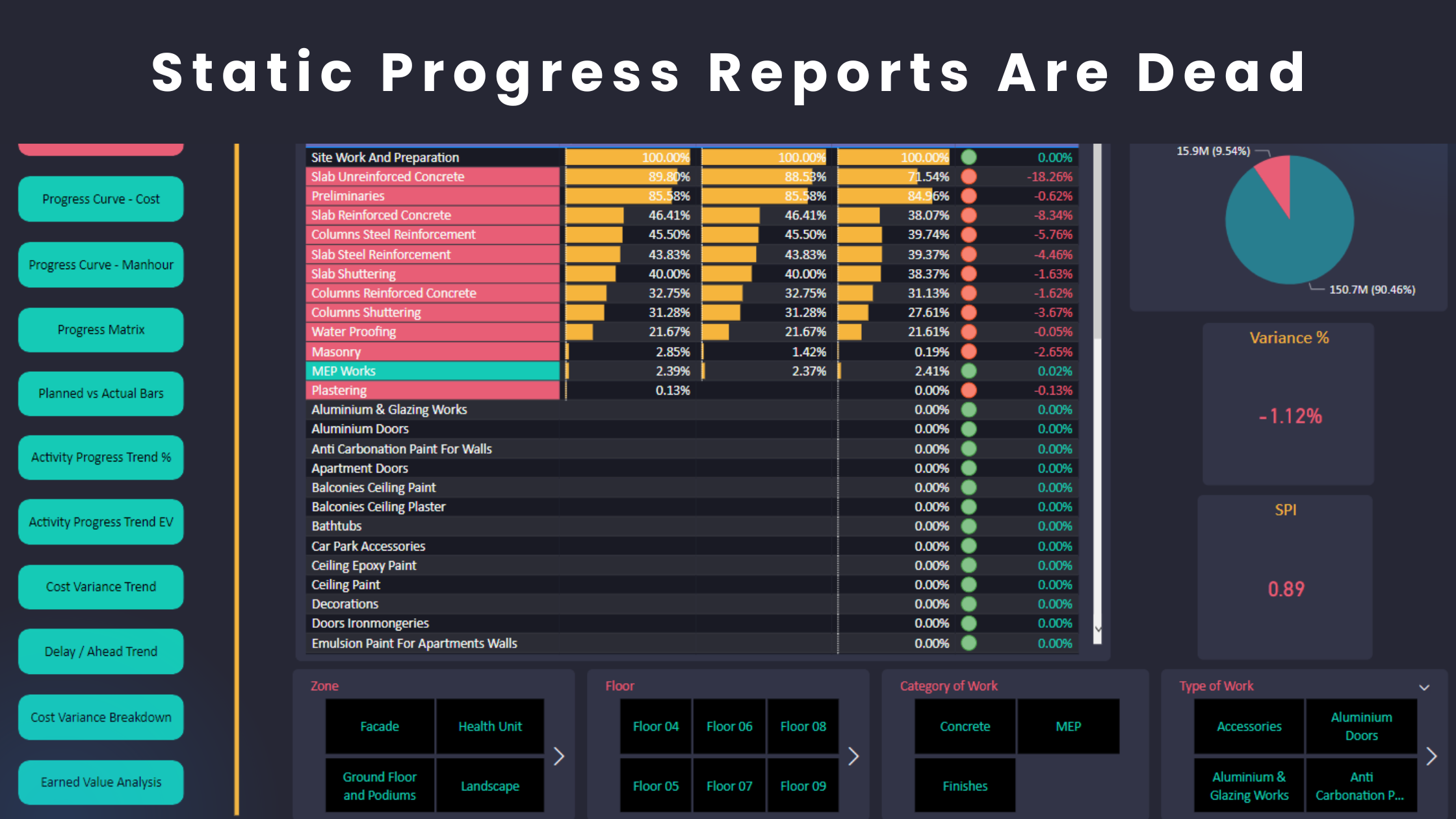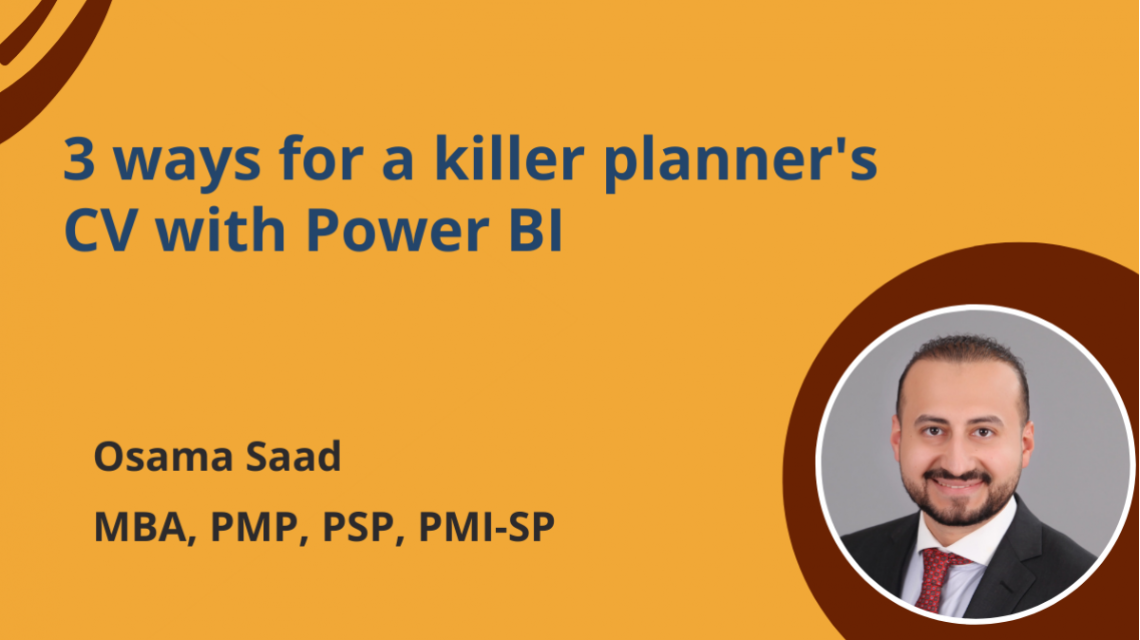The Traditional Role of a Planning Engineer
A planning engineer’s role is often defined by technical responsibilities such as:
✅ Preparing cost and resource-loaded schedules
✅ Collecting progress data
✅ Updating schedules
✅ Preparing progress reports and analyzing progress with Power BI
✅ Developing recovery measures
✅ Drafting correspondences
✅ Coordinating with subcontractors on performance
These skills are essential, but they are not enough to build a truly successful career. Technical expertise alone will not take you to the top. There is another dimension—one that many planners overlook.
What Many Planning Engineers Get Wrong
Many skilled planning engineers struggle to advance in their careers because they don’t know how to deal with people. They speak in technical jargon, expect others to meet their standards, and often take on the role of a judge rather than a collaborator.
This mindset leads to thoughts like:
❌ “I have strong project control knowledge, but they don’t.”
❌ “I make plans for the future, but they don’t get it.”
❌ “Everyone must comply with my requests so I can do my job.”
❌ “Nobody understands me or my work.”
Using words like “I, my, and they” creates an invisible wall and a sense of separation between you and the project team. You might achieve temporary success, but you won’t truly thrive. Your career growth depends on your ability to connect with people.
The Key to Career Growth: People Skills
If you want to excel as a planning engineer, you must go beyond technical skills and develop strong interpersonal abilities. Here’s how:
🔹 Recognize the expertise of others. Every team member—whether a site engineer, quality engineer, or foreman—has valuable skills that you may not fully understand. Respect their knowledge and learn from them.
🔹 Treat people as individuals, not just job titles. Instead of seeing “the site engineer,” see Ahmed or John, a professional doing their best in a demanding role.
🔹 Communicate with empathy and collaboration. Instead of aggressively pointing out progress issues, address them with a solution-oriented mindset. Use compassion and a smile to encourage cooperation.
🔹 Give space and build relationships. If someone is busy, respect their time. Instead of demanding immediate responses, find ways to work together. Educate your colleagues about delays and project control and in a way that benefits them, not just yourself.
🔹 Be present on-site, not just in meetings. You might not fully understand everything happening on the job site, but your presence matters. When people see you engaging with their work, they will appreciate your effort and offer their support.
The Long-Term Benefits of Strong People Skills
When you shift from a mindset of superiority to one of collaboration, everything changes. You build relationships that go beyond project control. Your colleagues will respect you, support you, and even open doors for you.
✅ They will prioritize your requests—not out of obligation, but because they genuinely want to help.
✅ They will think of you when they move to other companies and new job opportunities arise.
✅ They will vouch for you if you ever need recommendations.
In the end, your ability to work well with people will determine your success far more than your technical skills ever will.
Final Thoughts
As planning engineers, we often focus on logic, data, and efficiency. But projects are not just about schedules and reports—they are about people. The moment you start treating people as partners rather than obstacles, your career will take off in ways you never imagined.
Regards,
Osama Saad, MBA, PMP, PSP, CCP, PMI-SP
Learn More!
